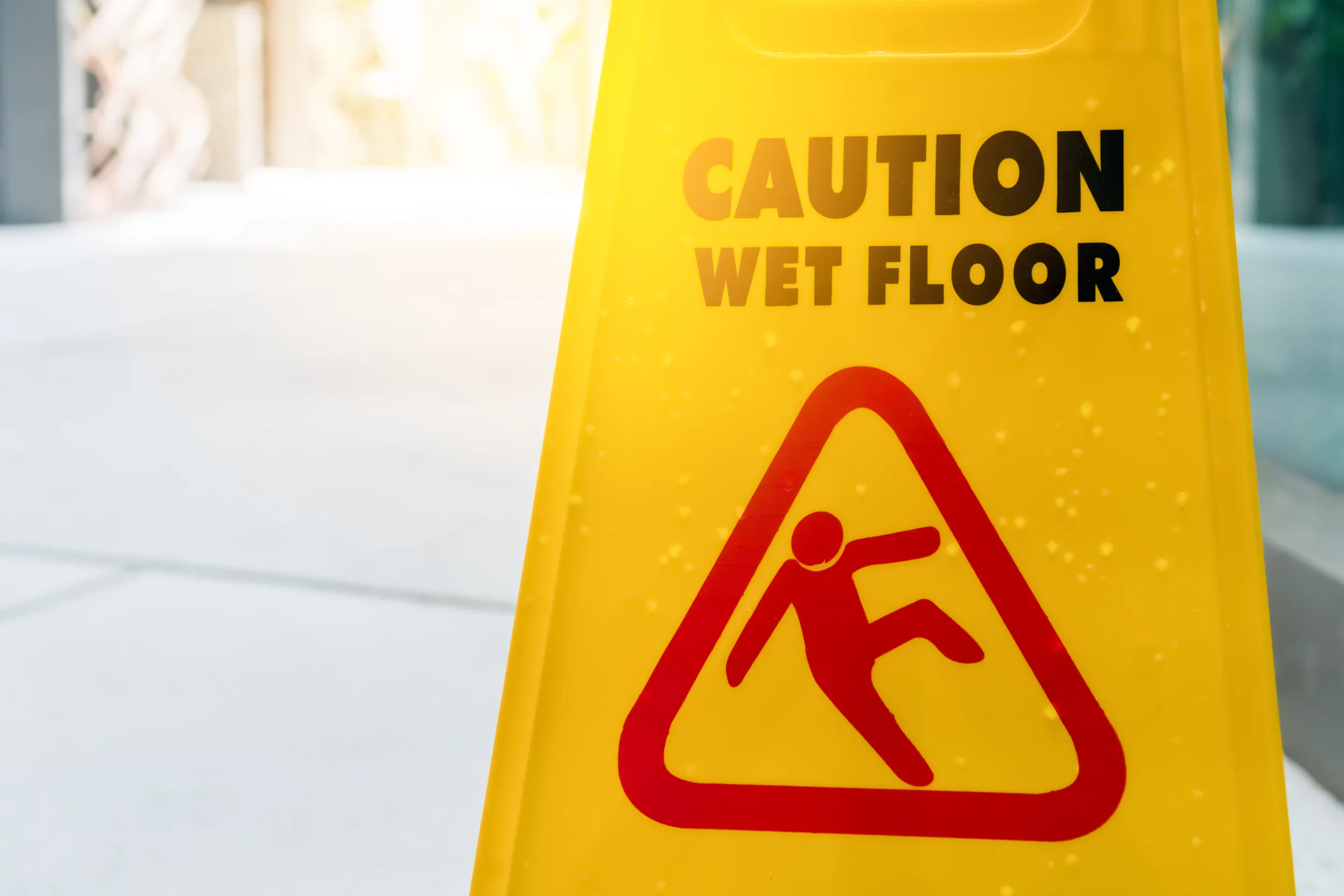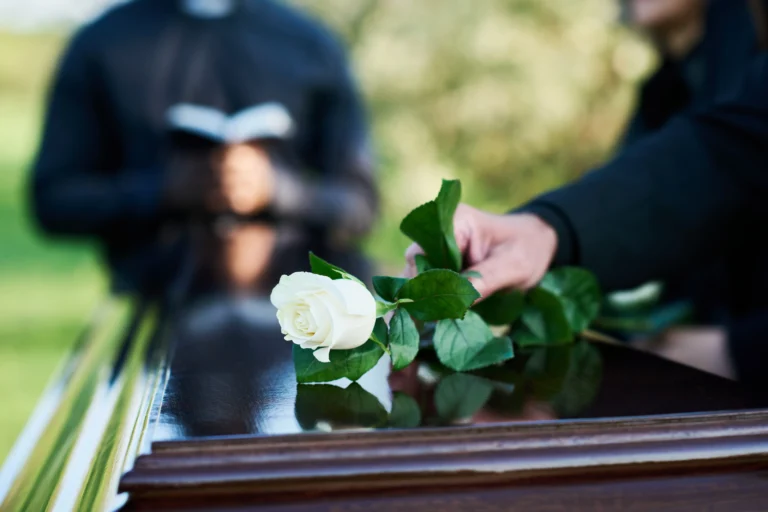What Is a Non-Delegable Duty in a Florida Slip and Fall Case?
If You Slipped and Fell at a Hotel, Store, or Theme Park—Here’s Why the Business May Still Be Liable
You came to relax, shop, or enjoy time with family—not to leave in pain. If you slipped and fell at a Florida hotel, grocery store, or theme park, you may have heard the business say: “We didn’t cause the accident—our cleaning crew or maintenance company did.”
But that doesn’t automatically end the conversation. In fact, Florida law has a rule that directly protects you in these situations. It’s called a non-delegable duty, and it could make all the difference in your slip and fall case.
What Does “Non-Delegable Duty” Mean?
A non-delegable duty is a legal responsibility that a business or property owner cannot transfer to someone else—even if they hire an outside contractor.
Simple Explanation
In plain terms: If a hotel, store, or theme park opens its doors to the public, they are responsible for keeping that space reasonably safe. That duty remains theirs—even if they hire someone else to do the work.
Florida courts recognize this concept because it would be unfair for businesses to escape liability by outsourcing safety obligations while still profiting from the public’s presence.
Real-World Example: Slip and Fall at a Florida Hotel
Imagine you slipped on a wet tile floor in a Florida hotel lobby. The hotel says it wasn’t their fault because a third-party janitorial service was scheduled to mop at that time.
That defense may sound convincing—but it doesn’t erase the hotel’s legal duty. They opened the property to paying guests and had an obligation to ensure hazardous conditions were identified, corrected, or clearly marked. That includes making sure contractors follow proper safety protocols.
If the janitorial company didn’t place warning signs—or used the wrong cleaning product—it’s still the hotel’s responsibility under Florida law. That’s the essence of a non-delegable duty.
This Applies Beyond Hotels
Hotels aren’t the only businesses that can’t delegate away their duty of care. The non-delegable duty principle also applies to:
- Theme parks and water parks (e.g., injuries from slippery walkways or pool decks)
- Supermarkets and big-box stores (e.g., spills or leaking refrigerators)
- Apartment complexes (e.g., dangerous stairs, poor lighting, or broken railings)
- Restaurants and bars (e.g., slick floors or unattended spills)
- Office buildings (e.g., unmaintained lobbies or elevators)
These businesses owe a duty to the people they invite onto their property, and they can’t sidestep liability just because a third-party company was involved in creating the hazard.
Florida Law on Premises Liability
Florida Statutes make it clear that businesses are responsible for maintaining safe conditions for invitees. For example, Florida Statute § 768.0755 governs premises liability for transitory foreign substances in a business establishment.
When Liability May Apply
Under this statute, a business may be liable if:
- The business had actual or constructive knowledge of the dangerous condition, and
- They should have taken action to fix it or warn customers
Even if the hazard was created by a vendor, cleaning service, or subcontractor, the business owner can’t simply “delegate away” their legal responsibility to guests and patrons.
Why Businesses Still Try to Shift the Blame
When you file a personal injury claim, businesses and their insurance companies may argue that they’re not the responsible party. They might say:
- “It was the cleaning company’s fault.”
- “We contracted that maintenance work out.”
- “We didn’t know there was a problem.”
This is a common defense tactic designed to minimize or deny liability. But if the injury occurred on their property, and they invited the public in, they may still be liable regardless of who caused the hazard—especially if the duty is non-delegable.
We Represent Injured Clients Across Florida
At Florida Civil Counsel, P.A., we help injured individuals understand their rights under Florida law. Based in Orlando and representing clients throughout the state—including in Tampa, Miami, and Jacksonville—our firm is experienced in premises liability claims involving non-delegable duties.
If you’ve been hurt at a hotel, apartment complex, or business, and you’re being told that “someone else is to blame,” don’t accept that as the final answer. You deserve a full investigation and experienced representation.
Whether you slipped near a Florida resort pool, fell in a grocery store aisle, or tripped over a hazard at a theme park, we’re here to explain your options and hold the right parties accountable.
Contact our team today by visiting our contact page to schedule a consultation and protect your right to recovery.






